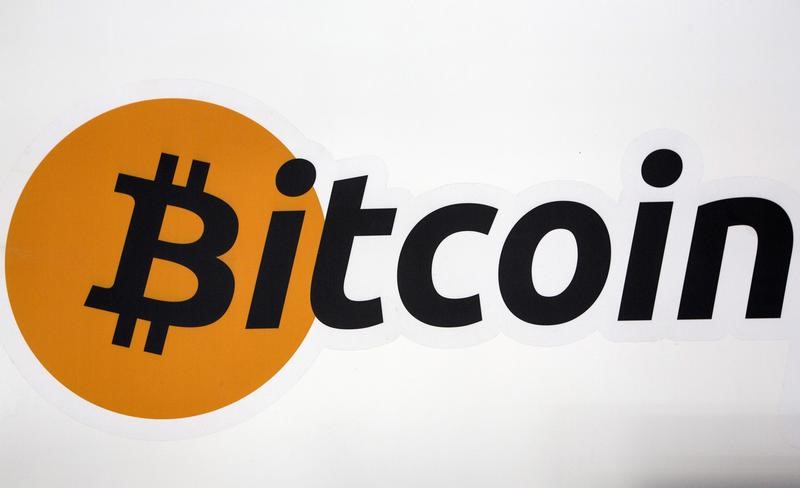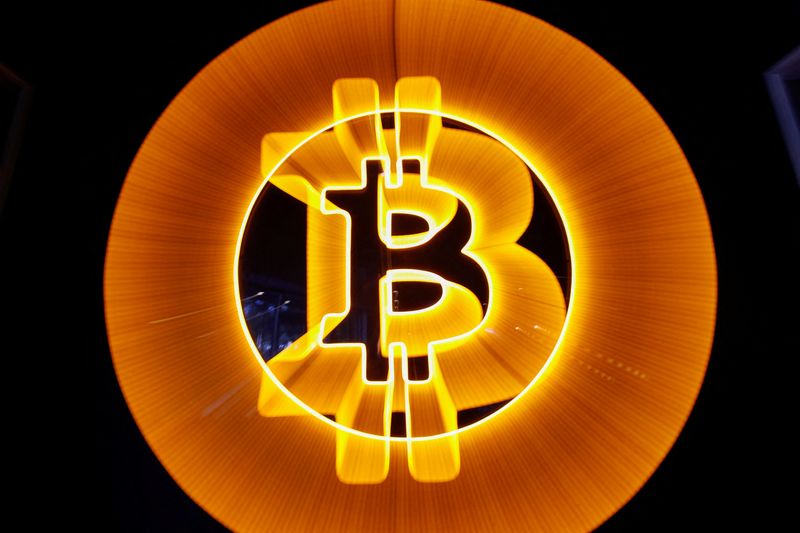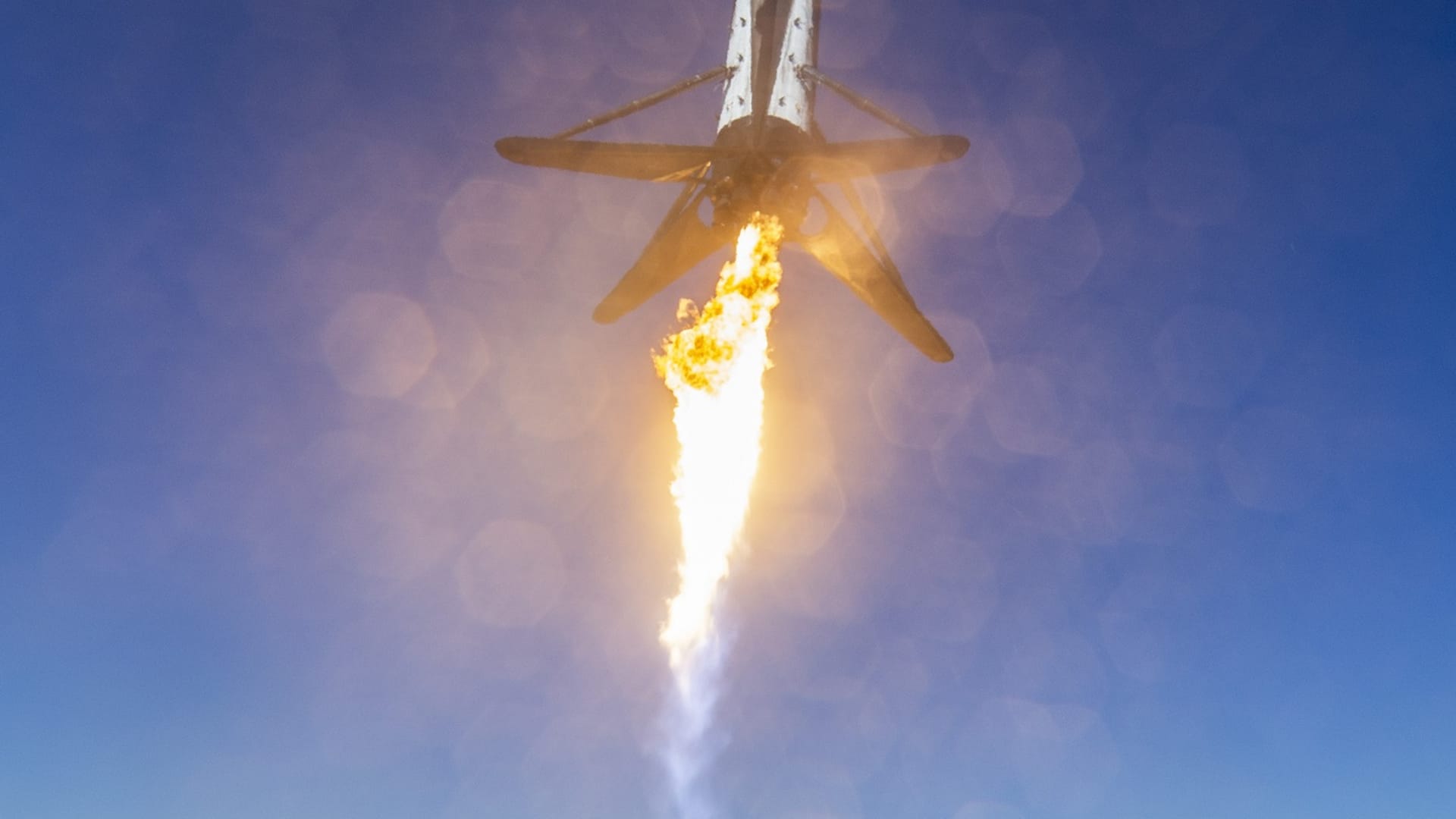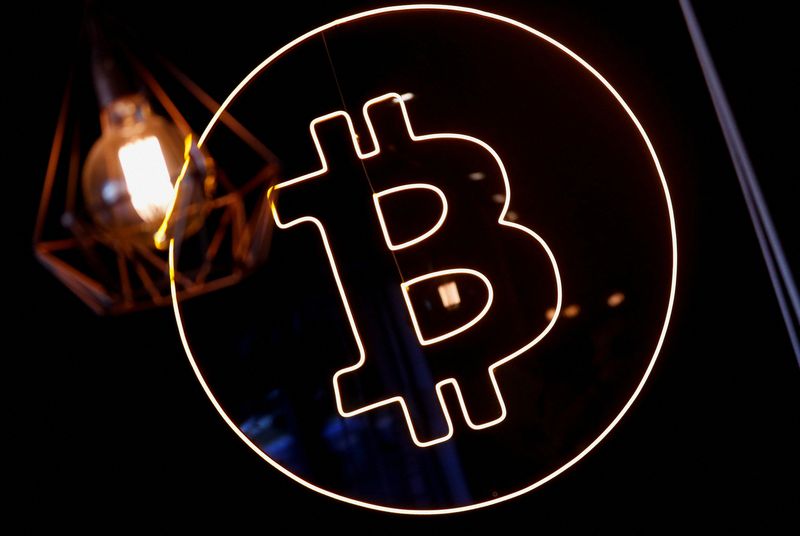By Medha Singh and Lisa Pauline Mattackal
(Reuters) – “Never sell your bitcoins,” Donald Trump told a cheering crowd at a cryptocurrency convention in Nashville, Tennessee, in late July.
The Republican presidential candidate's speech was the latest in his effort to court crypto-interested voters ahead of the November election and he offered a number of campaign promises, including a plan for a state bitcoin reserve.
“If elected, it will be the policy of my administration to retain 100% of all bitcoins that the U.S. government currently owns or acquires in the future,” Trump said, adding that the funds would serve as “the core of the national strategic bitcoin reserve.”
In fact, Trump is not the only one who has made a similar proposal. US Senator Cynthia Lummis has introduced legislation that would require the US government to buy one million bitcoins, around 5% of the total supply, while independent candidate Robert F. Kennedy Jr. has suggested that the government should accumulate four million bitcoins.
One way to use the massive amount of bitcoins held by the U.S. government would be a strategic reserve. However, it is still unclear what it would be used for, whether it is viable, or whether it is even welcome to the cryptocurrency market at large.
The U.S. government holds a massive stash of cryptocurrency — about $11.1 billion worth, including 203,239 bitcoin tokens, according to data firm Arkham Intelligence, which said the pile comes from criminal seizures, including from the online marketplace Silk Road, which was shut down in 2013.
At current levels, the U.S. holds about 1% of the total global supply of bitcoin, which amounts to around 19.7 million tokens, according to Blockchain.com. The total supply is capped at 21 million coins.
Compared to large non-state investors, Michael Saylor’s Microstrategy (NASDAQ:) holds about 226,500 bitcoin tokens, according to second-quarter results. BlackRock’s (NYSE:) iShares Bitcoin Trust and Grayscale Bitcoin Trust hold 344,070 and 240,140 tokens respectively, according to data site BitcoinTreasuries.
A government reserve of bitcoins could support the price of bitcoin.
“It would have a positive impact on price. It would have to because we've never had a product with such limited supply, even if it's digital, take on the new reserve asset status,” said Mark Connors, director of global macroeconomics at Onramp Bitcoin.
However, such a reserve also means fewer tokens for cryptocurrency investors to trade and could leave them exposed if the government ever sold some of its reserves.
“RFK talked about having 19% of bitcoin, the same amount of gold supply; I can't imagine a single bitcoiner would be happy with that,” Connors added.
Besides the United States, other governments also hold huge reserves of bitcoins; BitcoinTreasuries reports that China is the second-largest government holder, with 190,000 coins.
'THERE IS A LOT TO DISCOVER'
While the prospect of a national bitcoin reserve is uncertain, cryptocurrency watchers are still mulling over what form it might take.
Connors suggested the Fed could manage the reserves for the Treasury Department, as it does for gold. Alternatively, the reserves could be more like the Strategic Petroleum Reserve, over which both the president and Congress have varying levels of control, according to Frank Kelly, senior political strategist at asset manager DWS Group.
“There's a lot to unpack and understand,” Kelly said.
There is also an irony that strikes many true Bitcoin believers: the digital asset that was meant to be decentralized and free from government control was becoming part of a state reserve.
Regardless of what happens with bitcoin reserves, many market players are happy to see that cryptocurrencies are becoming a major talking point in campaigns.
“There is a general view in the industry that both sides are paying much more attention to digital assets,” said Raoul Mewawalla, CEO of Mawson Infrastructure Group, which operates data centers for bitcoin mining.
“The expectation is that this will continue after November.”










